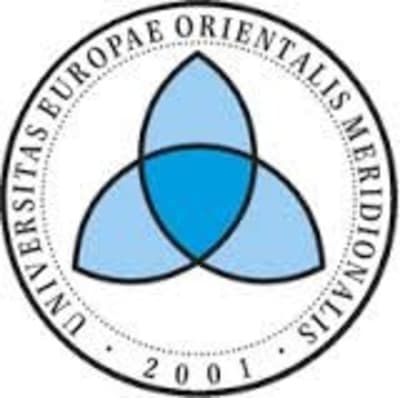
International law
South East European University

Key Information
Select location
Campus location
Skopje, Macedonia
Languages
English, Macedonian,
Study format
On-Campus
Duration
4 semesters
Pace
Full time
Tuition fees
Request info
Application deadline
Request info
Earliest start date
Sep 2023
Scholarships
Explore scholarship opportunities to help fund your studies
Introduction
The International Law study program aims to provide a range of modules that will form the basis of information and advanced knowledge on International Law matters for the purpose of training students to basic legal professions related to this field by providing solid knowledge, the specific and systematic institutes and concepts of International Law and on the situation and their prospects in the region and world.
Career
The Law Faculty diploma is recognized by the Chamber of Lawyers and Notaries in RM. An exercise of legal professions requires formal registration in these rooms. Graduation in the Faculty of Law enables students to approach the relevant state bodies, especially in judicial branch as courts and public prosecutors. The Law Faculty has signed cooperation agreements with the Academy for the training of judges and public prosecutors in the RM. Students who will have the ambition to deal with scientific research work, the Law Faculty of SEEU, enables the continuation of the studies-PhD studies. Students in this program are also professionally trained for all occupations in the field of diplomacy, diplomatic and consular law, international organizations and human rights, institutions of international private law and to work on diplomatic and consular service of the country and international courts and arbitration.
Learning outcomes
Knowledge and understanding
- Has solid knowledge of the disciplines that conceive of international law including the Law of the international organizations, human rights, international public law, international private law, international criminal law, international economic law and international relations.
- Has knowledge of advanced techniques and methods of research in the field of international law.
Applying knowledge and understanding
- Is able to interpret the theories of international law and relevant cases from practice.
- Applies theoretical knowledge in practical situations that arise in the field of international law as the protection of human rights, diplomacy, disputes and collision of laws including the negotiations and mediation.
- Synthesize knowledge gained and apply them in specific circumstances.
Making judgment
- Performs more critical thinking through methods of analyzing and comparing.
- Develops skills of solving problems through case-law practices of more complex national and international cases.
Communication skills
- Utilizes proper terminology for complex and specific issues in the area of international law sciences.
- Is involved in research-based legal argumentation and debate.
- Utilizes the official languages of the University as well as more advanced computer skills in the research work.
Learning skills
- Develops a regulation of research to be used in their profession.
- Creates a practice of lifelong learning and service through being involved in training persons that work in the state institutions of crime prevention.
List of courses
Semester 1
- Research Methodology (6.0 ECTS)
- International Public Law (6.0 ECTS)
- International Relations (6.0 ECTS)
- International Arbitration (6.0 ECTS)
- Free elective course 1 (6.0 ECTS)
Semester 2
- International Organizations (6.0 ECTS)
- Diplomatic and Consular Law (6.0 ECTS)
- International Humanitarian Law (6.0 ECTS)
- International Private Law (6.0 ECTS)
- Free elective course 2 (6.0 ECTS)
Semester 3
- Settlement of International Disputes (6.0 ECTS)
- International Criminal Law (6.0 ECTS)
- Transnational Crime and International Terrorism (6.0 ECTS)
- International Law for Human Rights (6.0 ECTS)
- Elective course 1 (6.0 ECTS)
Semester 4
- Master Thesis (30.0 ECTS)